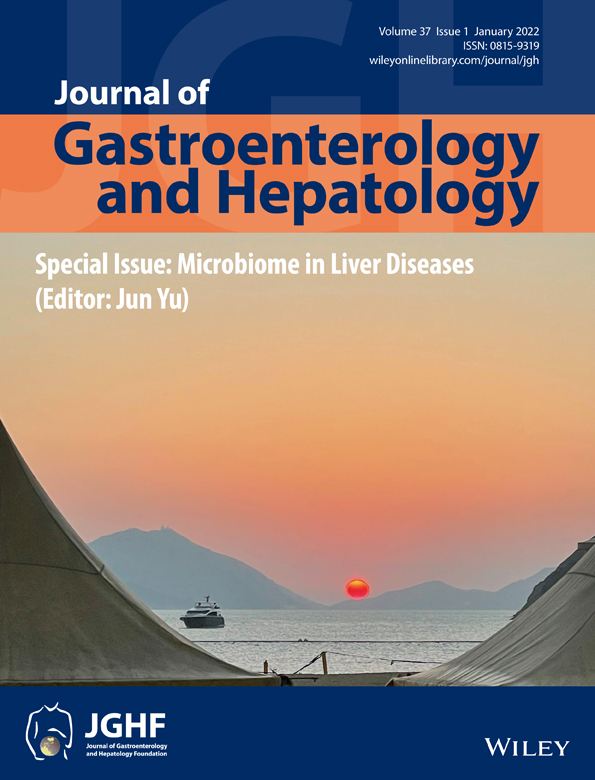Modified non-flared fully covered self-expandable metal stent for preoperative biliary drainage in pancreatic cancer
Declaration of conflict of interest: The authors declare that they have no conflict of interest. The authors have no commercial associations that might pose a conflict of interest in relation to this article.
Financial support: This study was supported in part by the SoonChunHyang University Research Fund.
Abstract
Background and Aim
Durable biliary drainage is essential in patients with pancreatic cancer in the era of effective neoadjuvant chemotherapy (NACT). Plastic stent (PS) tends to occlude easily, and current metal stents are designed for nonresectable cancer. We evaluated the efficacy of a modified non-flared fully covered self-expandable metal stent (M-FCSEMS) during the perioperative period in patients with resectable or borderline resectable pancreatic cancer.
Methods
Consecutive patients with resectable or borderline resectable pancreatic ductal adenocarcinoma had a 12-mm M-FCSEMS (M-FCSEMS group) or 7-Fr PS (PS group) placed for biliary decompression before NACT or curative-intent surgery. The primary outcome was the re-intervention rate, and secondary outcomes were technical success, stent patency, and adverse events (AEs).
Results
Endoscopic stent placement was technically successful in all 60 patients. Twenty-three patients underwent surgery and 37 NACT before surgery. Re-intervention was performed in 10.0% (3/30) of patients in the M-FCSEMS group and 36.7% (11/30) of patients in the PS group (P = 0.030). The stent patency at 180 days was 89.8% (95% confidence interval, 77.3–100.0%) in the M-FCSEMS group and 30.2% (95% confidence interval, 11.4–80.0%) in the PS group (P < 0.0001). Stent-related AEs occurred in 10.0% (3/30) in the M-FCSEMS group and 40.0% (12/30) in the PS group (P = 0.015). Surgery-related AEs occurred in 10.5% (2/19) and 14.3% (3/21) in the M-FCSEMS and PS groups (P = 0.549).
Conclusions
Modified non-flared fully covered self-expandable metal stents are effective and safe for durable biliary drainage in patients with resectable or borderline resectable pancreatic cancer during the perioperative period.




